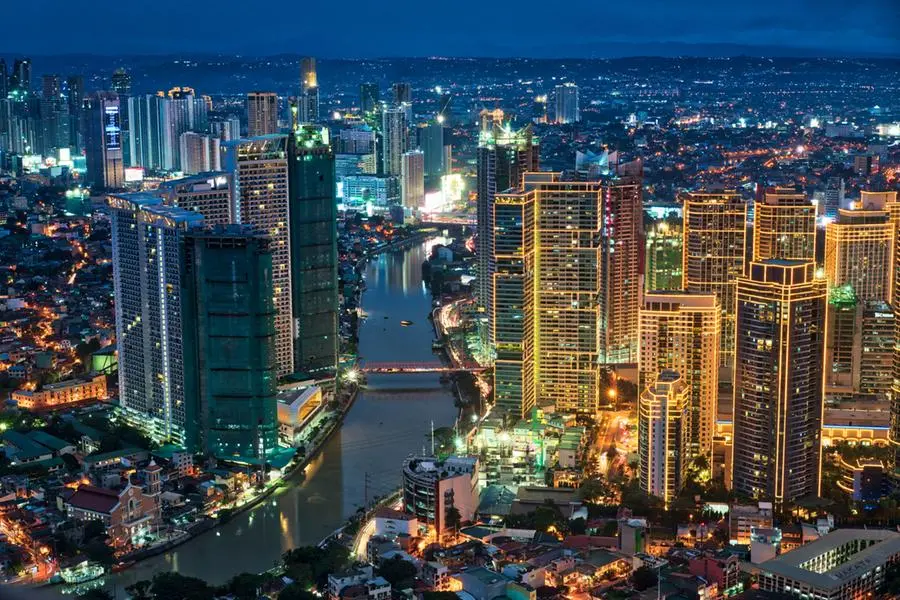PHOTO
The government's efforts to pursue more free trade agreements (FTAs) are seen to benefit micro, small and medium enterprises (MSMEs) in the country, as it would increase their export competitiveness, according to the Department of Trade and Industry (DTI).
'FTAs means opening the market, particularly for our MSMEs,' Trade Secretary Alfredo Pascual said at the recent post State of the Nation Address (SONA) briefing in Cebu.
Among the recent efforts of the country to pursue more FTAs is the expected commencement of scoping discussions for a Philippines-European Union (EU) FTA, projected to be completed by the end of the year.
The country is also close to signing an FTA with South Korea and is gaining traction with potential pacts with the United Arab Emirates (UAE) and India.
In a recent interview with reporters, Trade Undersecretary and Board of Investments (BOI) managing head Ceferino Rodolfo said the Philippines is expected to sign an FTA with South Korea within the next two months.
Rodolfo said South Korea has already sent a letter notifying that they are ready to sign the FTA.
For the Philippines' part, Rodolfo said the certificates of concurrence (COCs) are still being completed. Once this is completed, the Department of Trade and Industry (DTI) will get a signing authority from the Office of the President (OP).
The trade official said the COC process is soon to be completed, adding that they expect to receive the signing authority before the end of the month.
Apart from the PHL-South Korea FTA, Rodolfo shared that the country is also gaining traction with Philippines- United Arab Emirates (UAE) Comprehensive Economic Partnership Agreement (CEPA) as the terms of reference (TOR) for the agreement are already being finalized.
He shared that the start of the negotiations for the CEPA is expected within the year.
In addition, Rodolfo also shared that the TOR for a preferential trade agreement (PTA) with India is also expected to be completed within the year.
The trade official shared that the Philippines is hoping for provisions in the PTA to ensure the access to critical Indian products.
Aside from bilateral agreements, Pascual noted earlier that the country's participation in the Regional Economic Partnership (RCEP) is seen to promote the development of MSMEs,
'The DTI submits that the Philippines' participation in the RCEP agreement will help promote the growth and development of MSMEs, which account for more than 99 percent of businesses in the Philippines,' Pascual said earlier.
'It can pave the way for the internationalization and deeper participation of MSMEs into the global value chains (GVCs),' he added.
The RCEP is a multilateral trade agreement between and among ASEAN countries, including the Philippines, and China, Japan, South Korea, Australia and New Zealand, accounting for 30 percent of the world's global GDP and population. It provides for an open, inclusive and rules-based trading system to promote deeper economic integration in the region.
The trade deal is expected to boost Philippine exports through enhanced market access in the region.
With the RCEP, the DTI said MSMEs who are into export can access a wider market with preferential tariff treatment under one set of rules for conducting trade.
The DTI also pointed out that the RCEP provides business-friendly mechanisms to facilitate trade through clear, transparent, and simplified procedures.
'Philippine exporters can also avail of flexible certification procedures that will make it easier for businesses, especially MSMEs to use the FTA (free trade agreement) and avail of the preferential arrangement,' the agency said.
Copyright © 2022 PhilSTAR Daily, Inc Provided by SyndiGate Media Inc. (Syndigate.info).





















